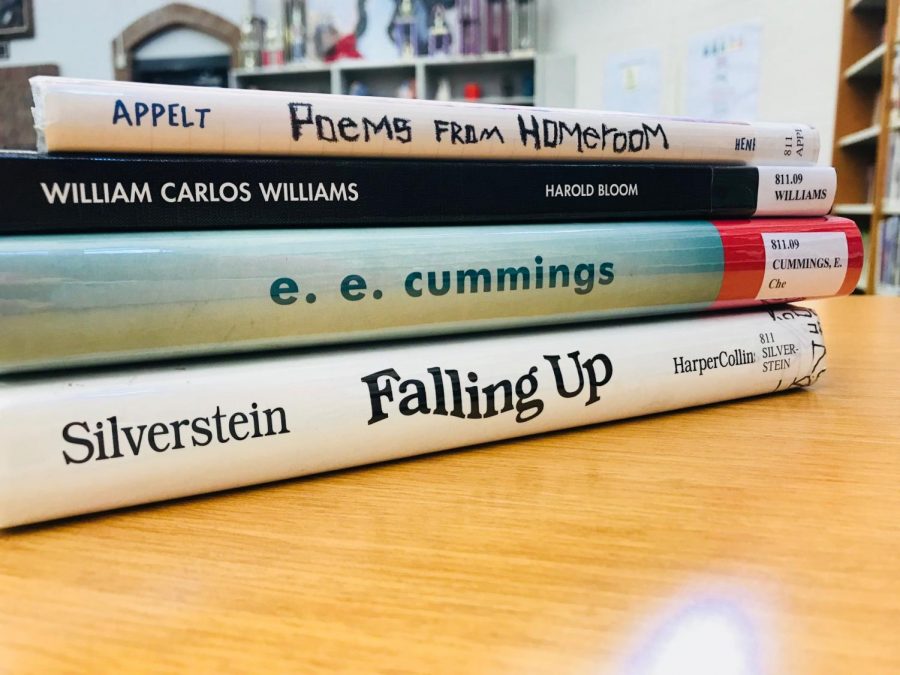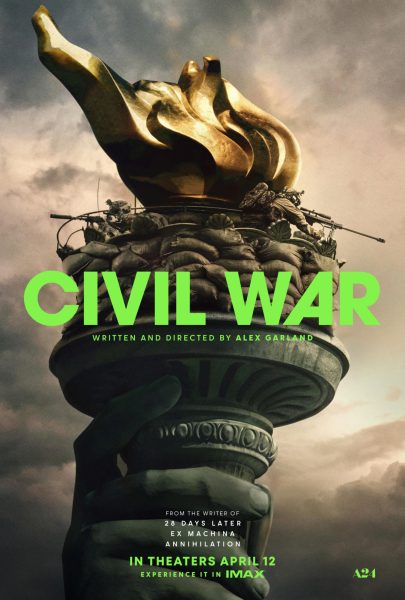Why People Should Read More Poetry
When I was in elementary school, I would get insomnia. Once, maybe twice a month, I would wake up at two o’clock in the morning and wonder to myself how in the world I was supposed to get back to sleep. My first few answers to this question came in the form of books I was reading at the time – The Lightning Thief by Rick Riordan, the Harry Potter series by J. K. Rowling, and The Mysterious Benedict Society by Trenton Lee Stewart, to name a few late-night favorites.
My last few answers to this question, though, were my introduction to poetry.
My mother had bought me The New Kid on the Block by Jack Prelutsky, a children’s book whose poems were soothing and light and bursting with silly rhymes. As I read more and more poetry, I added all of Mr. Prelutsky’s books to my collection, and eventually all of Shel Silverstein’s works, too. Eventually I graduated to reading poetry anthologies and Mary Oliver books; then I graduated to completing my homework, watching Netflix, and sleeping.
However, I recently, finally, at long last, came back into reading poetry – and it has been a blessing.
I love reading poetry for so many reasons. First and foremost, all poems tell a story, and I love reading about others’ lives and universes. The story may be in an interesting form – a sonnet, an acrostic, free verse – but it is still a story, nonetheless, a place where an author put down on paper their innermost thoughts.
Which leads me to another reason why I love poetry – because the art of poetry is synonymous with the baring of one’s soul, in one way or another. A poem is intimate, special; it is the feelings and beliefs and hurt and healing we hold most closely to our hearts. As such, poems breed empathy, because their universal emotions bridge between a reader’s own life and the author’s, according to Douglas Matus of Pen and the Pad.
Poetry is also a puzzle of words. The author creatively arranges sentences and phrases and fragments into a final work the same way an artist arranges images and colors. The reader has to piece together the meaning based on the syntax, the line breaks, the punctuation, the word choice, and the tone. Moreover, there can be more than one meaning, allowing for poetry to be an extremely personalized reading experience. All of this helps with critical thinking skills and verbal skills, as noted by Matus of Pen and the Pad.
Reading poetry, on the whole, is interesting in its story, comforting in the emotions it invokes, and fascinating in the thought it commands from a reader. This is why I’m setting the goal this year that, no matter how long my to-do list, I will read one poem a day – and I encourage you to do so as well!
Here are three poem-a-day websites for your (and, frankly, my) reading convenience:
- Poetry Foundation: This website is basically an agglomeration of hundreds of thousands of poems with an accompanying blog and magazine, and (best of all) on its front page it has a poem of the day! Find it at https://www.poetryfoundation.org/poems.
- PoemHunter: This website is another agglomeration of poems, with its front page listing its most popular poems and its poem of the day! Find it at www.poemhunter.com.
- Your Daily Poem: This website is a blog that posts a poem a day with a bio about the author and links to their poetry books on Amazon. It also has archives with all of the previously posted poems for your perusal! Check it out at www.yourdailypoem.com.
Happy reading!

Ellie is The Glen Bard's Editor-in-Chief and a senior at Glenbard West. This year is her third on the Editorial Board. She plays field hockey and chess,...





